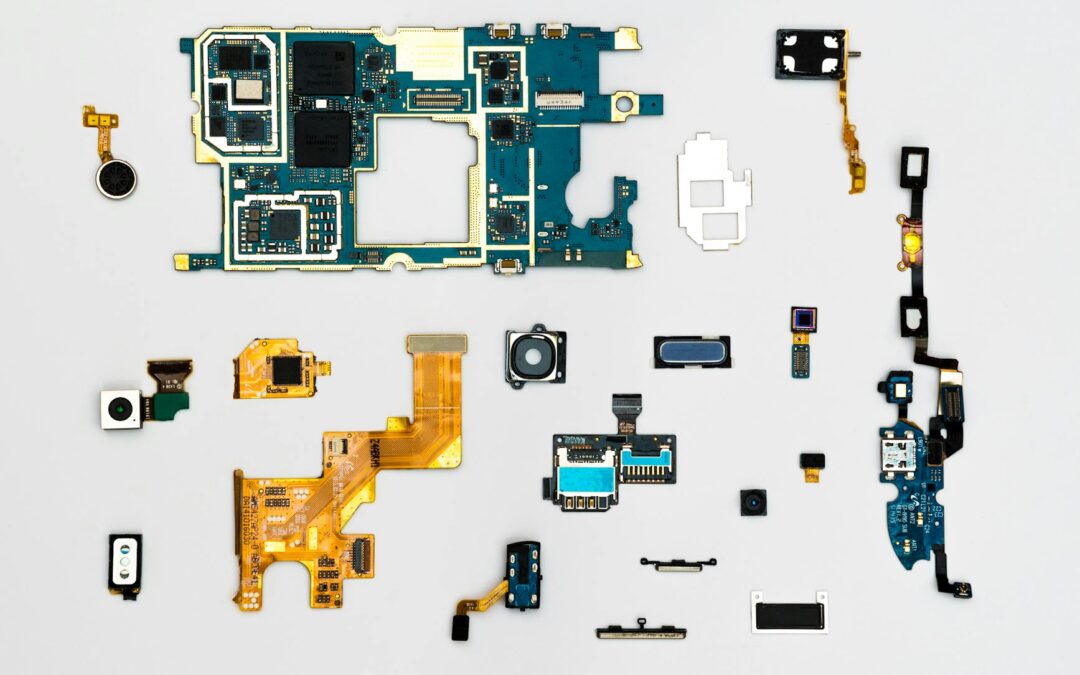Uncover the secrets of AI in our beginner-friendly guide. Explore the limitless possibilities of this cutting-edge technology today!
Table of Contents
Introduction to AI
Artificial Intelligence, or AI, is a rapidly evolving field that has the potential to revolutionize the way we live, work, and interact with the world around us. At its core, AI refers to the ability of machines to perform tasks that typically require human intelligence, such as problem-solving, decision-making, and learning. This technology has seen significant advancements in recent years, leading to its integration into various aspects of our daily lives.
Historical Context of AI
AI has a rich history that dates back to the mid-20th century. The term “artificial intelligence” was first coined in 1956 at the Dartmouth Conference, where researchers gathered to discuss the potential of creating machines that can simulate human intelligence. Over the years, notable milestones have been achieved in the field of AI, including the development of expert systems, neural networks, and machine learning algorithms.
Current Applications of AI
The impact of AI can be seen across various industries, from healthcare and finance to transportation and entertainment. In healthcare, AI is helping to diagnose diseases, personalize treatment plans, and improve patient outcomes. In finance, AI is being used to detect fraud, optimize trading strategies, and improve customer service. Autonomous vehicles, virtual assistants, and recommendation systems are just a few examples of AI applications that have become integral parts of our daily lives.
Benefits of AI
The benefits of AI are vast and far-reaching. By automating repetitive tasks, AI has the potential to increase efficiency, reduce errors, and enhance productivity in various industries. AI can also help businesses make data-driven decisions, leading to better outcomes and increased competitiveness. Additionally, AI has the power to drive innovation by enabling the development of new products and services that can address complex challenges.
Challenges and Ethical Concerns of AI
Despite its promise, AI also presents a set of challenges and ethical concerns that must be addressed. One major challenge is the potential for job displacement, as AI technologies automate tasks that were previously performed by humans. Bias in AI algorithms, privacy issues, and security threats are additional ethical concerns that arise when implementing AI systems. It is essential to navigate these challenges thoughtfully to ensure that AI is developed and used responsibly.
Future Direction of AI
The future of AI is bright, with continued advancements expected to shape the technology landscape in profound ways. Machine learning, deep learning, and reinforcement learning are just a few areas of AI that are poised for significant growth. AI is expected to play a crucial role in solving complex global challenges, such as climate change, healthcare disparities, and resource management. As we look ahead, the possibilities for AI seem limitless.
Can Skynet Happen? Exploring the Possibility
The concept of a superintelligent AI system like Skynet, as depicted in popular culture, raises valid concerns about the potential risks associated with AI development. While the likelihood of a scenario like Skynet is currently theoretical, it is essential to consider the factors that could contribute to such an outcome. Issues such as unchecked AI development, lack of ethical guidelines, and poor decision-making could potentially lead to unintended consequences.
Understanding the Risks of AI
It is crucial to recognize and address the risks and dangers associated with AI development. From data privacy and cybersecurity threats to the misuse of AI for malicious purposes, there are several potential pitfalls that must be mitigated. Responsible AI development practices, transparency in AI systems, and robust cybersecurity measures are essential steps to safeguard against the risks posed by AI.
The Role of Regulation in AI Development
Regulation and oversight play a vital role in ensuring the responsible development and deployment of AI technologies. Policymakers, industry leaders, and AI researchers must work together to establish guidelines that promote the ethical use of AI and protect the interests of society. By implementing regulations that prioritize transparency, accountability, and fairness, we can foster trust in AI systems and foster innovation that benefits everyone.
Conclusion and Call to Action
As we continue to explore the world of AI, it is essential to approach this technology with a critical eye and a thoughtful perspective. By understanding the fundamentals of AI, its historical context, current applications, benefits, challenges, and ethical considerations, we can navigate its complexities and harness its potential for positive change. Let us engage in discussions, ask questions, and stay informed about the impact of AI on our society. Together, we can shape a future where AI enhances our lives and enriches our world.


Recent Comments